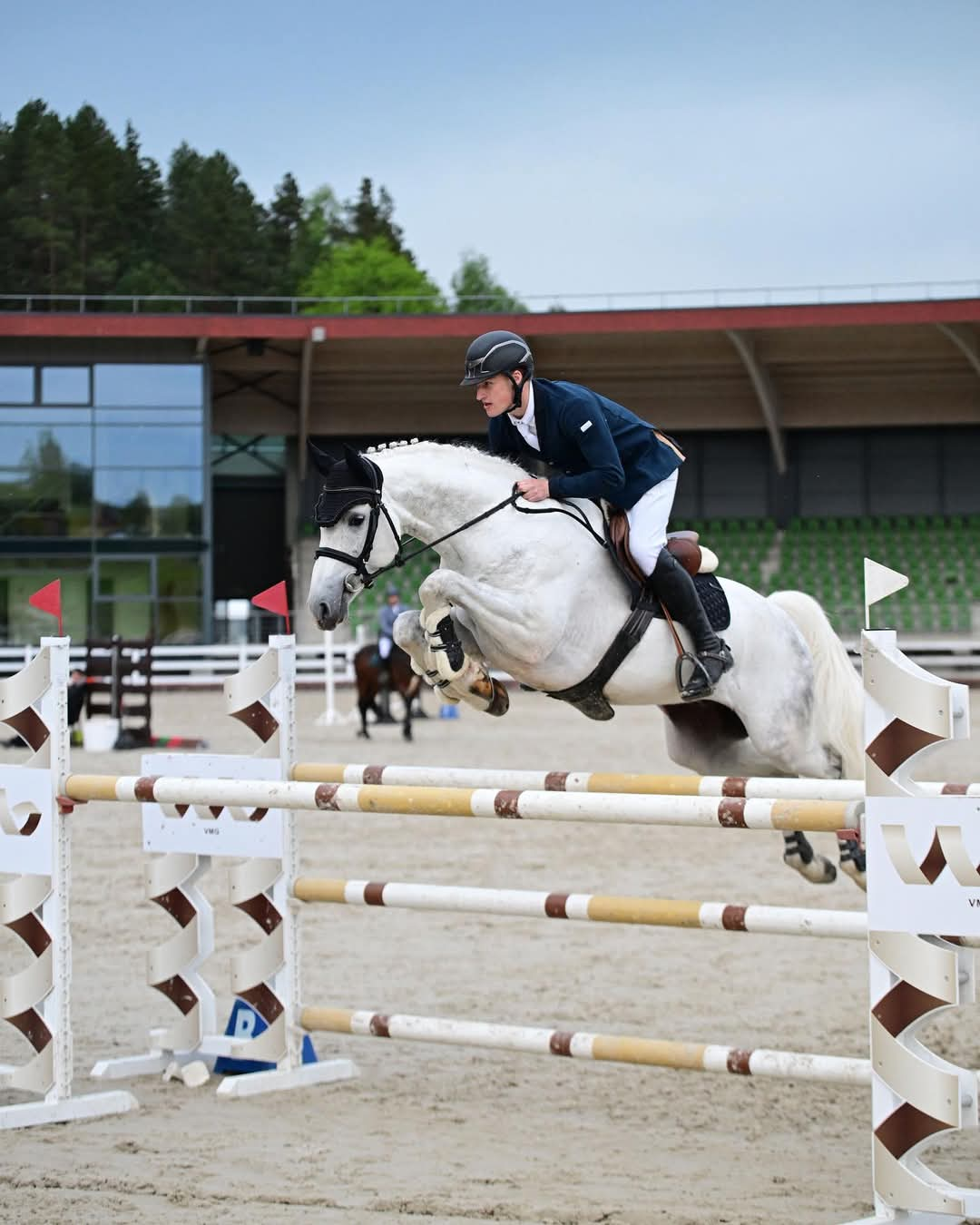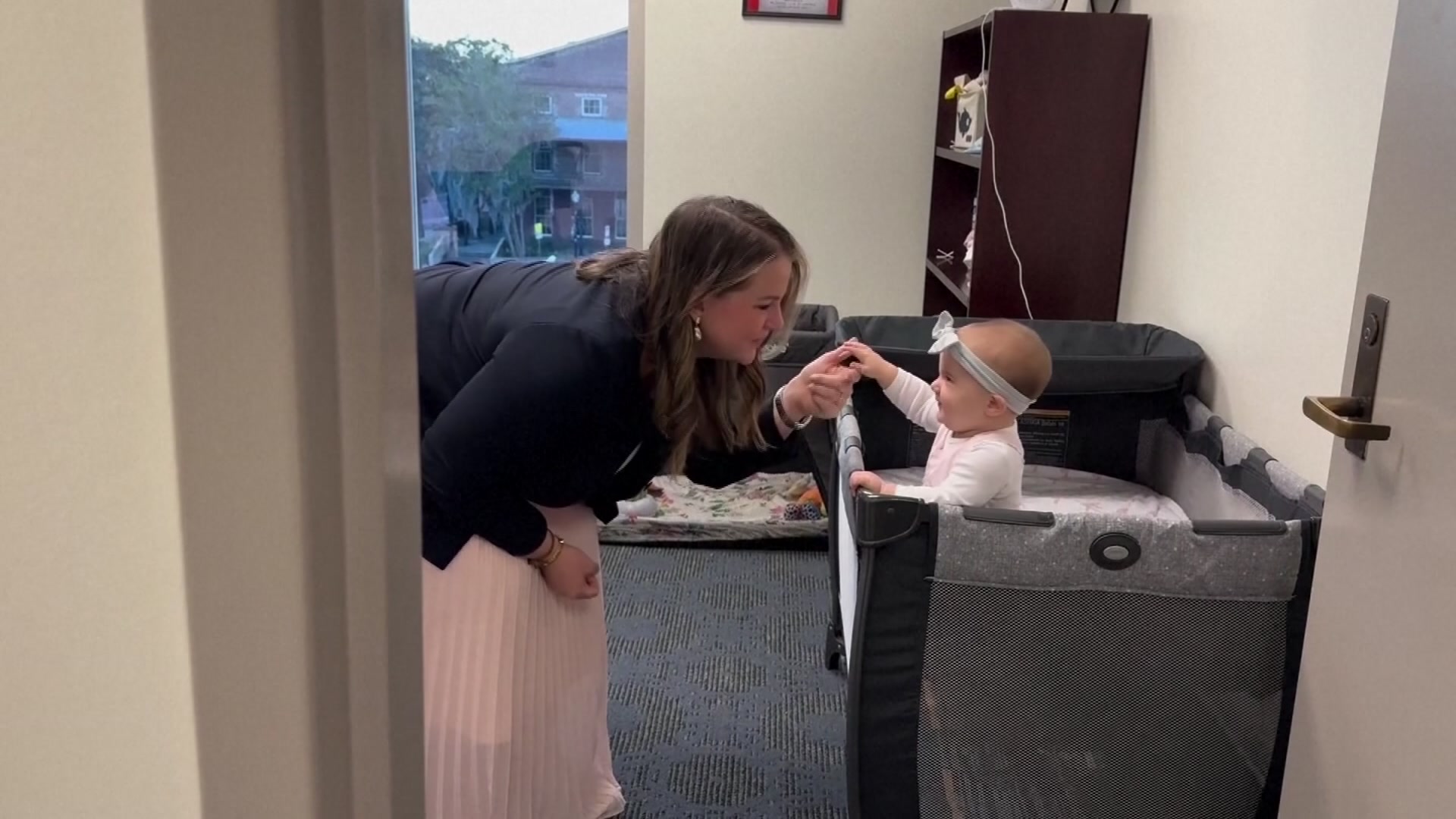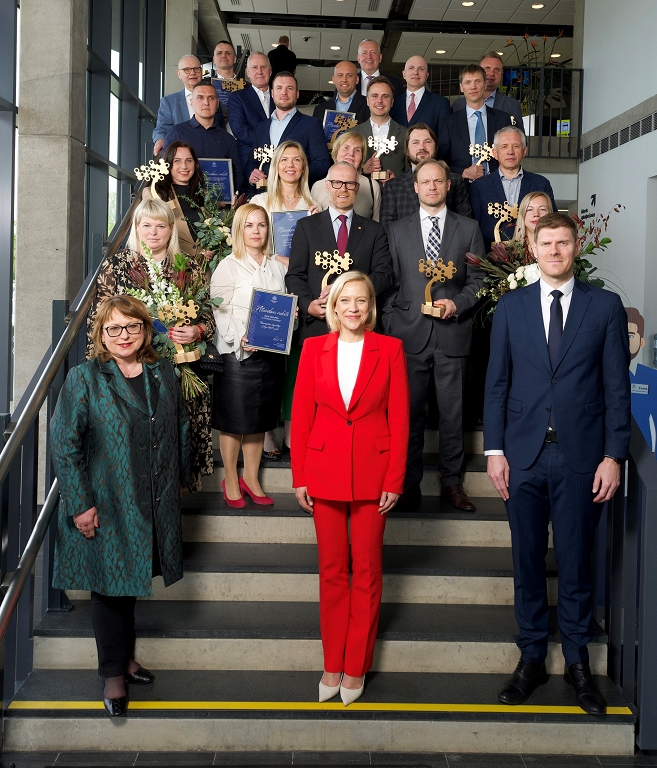Against farmers – not only nature but also tax reform?

It seems that the frost did not overtake the lands of the farmer Petras Šiaučiūnas.
« When the frost is over, say, it’s already fed up as much as possible, » the farmer said.
But against farmers, not only nature, but also tax policy.
« You pay for the land, the tractor. We will pay for the air, we laugh, but the little laughs here, » said P. Šiaučiūnas.
Peter grows 200 sheep in Northern Lithuania and has about 150 hectares of cereals. Taxes are already giving more than half of what they earn.
« It is enough to deal with the banks, everything is so excited that in reality people no longer have time to work and pay for anyone, » – said P. Šiaučiūnas.
However, tax reform – you do not gather at the farm or in the city. The Minister of Agriculture says farmers are at risk of paying as well as hired employees.
Photo by D. Labutis / ELTA
« From 35,000 taxable income, 20 % of the PIT, » Hofman said.
The discounts could not be negotiated to only 127 thousand. euros per year. Minister of Finance Rimantas Šadžius disagreed.
« If farmers have not decided to formalize them otherwise, the individual activity income of other persons must be taxed, » the Minister of Finance said.
« They live in the other world, they will not look at the poor poor, they are uninteresting how he lives, » stressed P. Šiaučiūnas.
Farmers say they don’t have as much fat to contribute as everyone else. In addition to taxes, they invest in production raw materials and work equipment. And nature, every year, runs its own pranks.
The sector is characterized by instability, and it is normal for farmers to receive salary once in four years.
« The sector is characterized by instability, and it is normal for farmers to receive salary once for four years, » said Raimundas Juknevičius, chairman of the Lithuanian Farmers’ Union.
The misunderstanding also calls the insurance tax. The authorities seek additional taxation of 10 %, although they themselves encouraged farmers to insure against natural phenomena damage to crops.
« The state compensates about half of the insurance premiums to prevent the same farmers from coming back to the state, asking for compensation for the damage suffered, » the Minister of Agriculture said.
About 114 thousand people have farmer status in Lithuania. people. The minister states that tax changes can directly touch about 1 thousand. farms. But the problem is not how much, but what.
« These farms are the main ones that produce agricultural products for sale, and those farms contribute the most food to fill shop shelves, » said R. Juknevičius.
It is unclear for farmers and will receive what they have contributed in return.
« Maybe let’s share that money in a friendly way, because in the province we ask for a gravel road – no money, snow cleaning – there is no money, » the farmer said.
The minister is considering that the status will be saved from taxes. They will discuss whether to offer farmers to become legal entities and to establish companies.
« We will talk to the farmers’ community itself, what status is most acceptable, whether the small community or UAB, » the Minister of Agriculture said.
« The question is to benefit banks, notaries, but neither the state nor the farmers will be the winners, » stressed R. Juknevicius.
Full LNK Report – In Video:
Members of the Seimas are already promising discounts – they will return to income tax.
« We offer small and medium -sized farms up to 60 VMU to leave 15 % and apply over 60 VMU to 20 %, » said Kęstutis Mažeika, Chairman of the Seimas Rural Affairs Committee.
And the Minister of Finance also changes the insurance of the crop.
« It would be possible to put this relief because of the state’s pocket of the state, » the Minister of Finance said.
« That unheard and has led to the fact that we have to adjust and propose changes, » said K. Mažeika.
But now it’s just promises to farms. If the government does not deny tax increases, the prospect in crop production is sad.
« Mathematics is not going – at the end of the year you have to pay for fertilizers, chemistry, what you borrow, and you don’t get as much revenue as you have sold, » said P. Šiaučiūnas.
Two thirds of farms have disappeared in Lithuania for two decades.







/s3/static.nrc.nl/images/gn4/data132656267-f0359b.jpg)